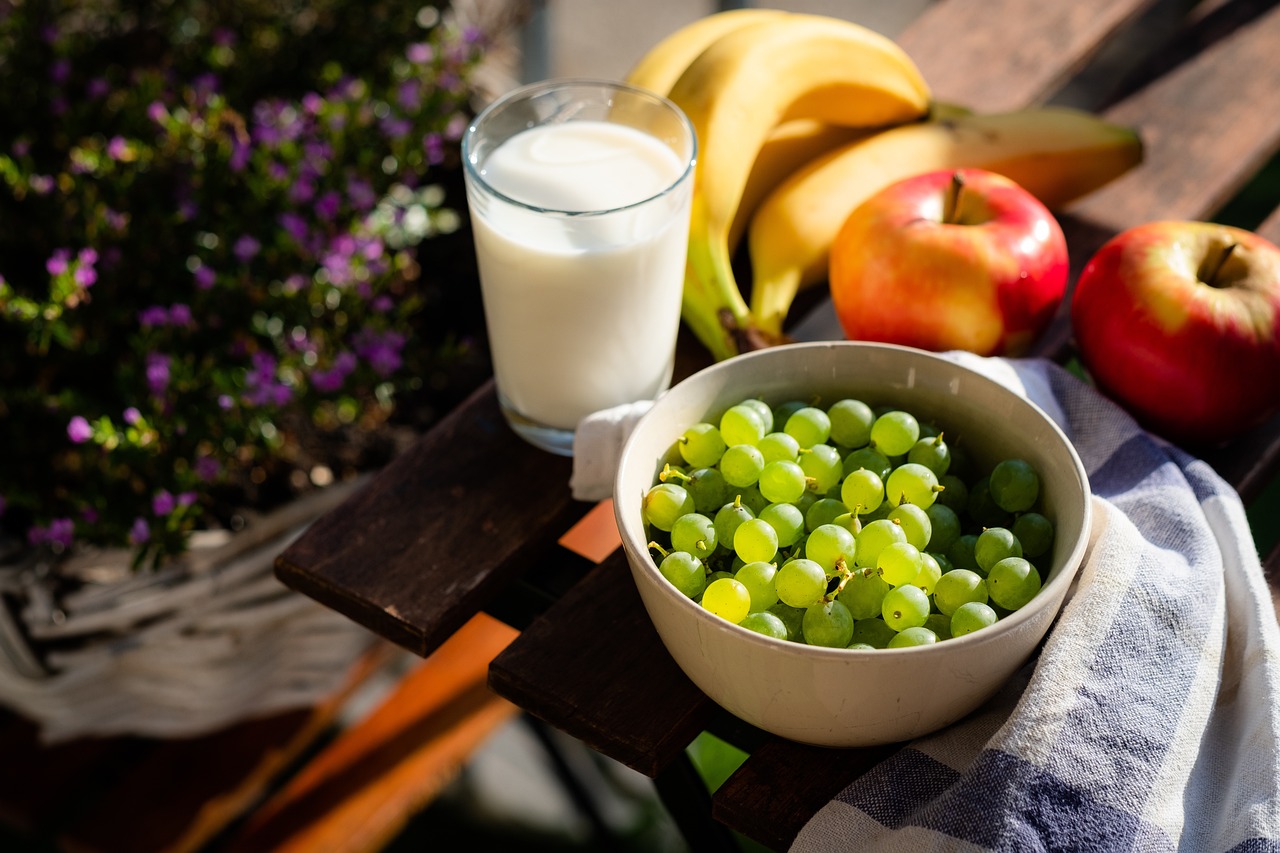Having just returned from the NSCA International Conference on Strength Training in Colorado Springs, I’m bursting with newfound insights about how the body gets stronger. The conference presentations were nothing short of exceptional, but the networking opportunities truly stole the show. Mealtime became a treasure trove of information as I sat down with industry leaders like dietitian Shawn Wells and medical expert Dr. Dana House. Together, we delved into the intricate relationship between nutrition and performance, covering critical concepts like dose, timing, content, and frequency of eating. These are the cornerstones of proper nutrition, and understanding them can transform not only your health but also your physical performance.
The Importance of Dose
Let’s start with dose. Dose refers to the amount of something we consume, and this applies equally to foods that are beneficial and detrimental. For example, the dose can describe how many B vitamins you’re getting from your diet, the fiber content of your meals, or even your water intake. Conversely, it also applies to monitoring how much refined sugar, trans fats, or alcohol you consume. The idea is to have a clear understanding of the quantities involved so you can evaluate their impact on your overall health and athletic performance. Nutrition is about balance, and dose is the foundation of that balance.
The Glycemic Index (GI) is a great example of why dose matters. GI measures how quickly carbohydrates are absorbed into your bloodstream and ultimately your cells. Foods with a low GI release energy slowly, while high-GI foods provide a rapid energy surge. However, the Glycemic Load (GL) takes it a step further, combining a food’s GI rating with the actual quantity consumed. This provides a more comprehensive picture of how a food will affect your body. For instance, a generous serving of blueberries, a low-GI food, might impact blood sugar levels more than a tiny portion of white bread, which has a high GI. In essence, understanding dose helps you make more informed and impactful dietary choices.
The Role of Timing
Next comes timing. When you eat can be just as important as what you eat. Timing is particularly crucial for athletes or anyone engaged in strength training. Pre-workout nutrition fuels your performance, while post-workout nutrition aids recovery. Eating the right foods at the right times ensures that your body has the energy to perform and the nutrients to rebuild. For example, consuming a mix of protein and carbohydrates within 30 minutes of your workout helps replenish glycogen stores and kick-starts muscle repair. This is often referred to as the "anabolic window," though recent studies suggest this window may be broader than previously thought, depending on individual factors like metabolism and workout intensity.
Timing also applies to how often you eat. While the traditional three-meals-a-day approach works for some, others benefit from smaller, more frequent meals to maintain steady blood sugar levels and energy throughout the day. The key is finding a schedule that aligns with your goals, whether they involve building muscle, losing fat, or enhancing athletic performance.
The Significance of Content
Content refers to the quality of the foods you’re consuming. Are you eating whole, nutrient-dense foods, or are you relying on processed options? Whole foods like lean proteins, fresh vegetables, whole grains, and healthy fats should form the backbone of your diet. These foods are rich in vitamins, minerals, and antioxidants that support recovery and performance. On the other hand, processed foods often contain added sugars, unhealthy fats, and empty calories that can sabotage your goals.
Protein content is especially critical for athletes and bodybuilders. Protein is the building block of muscle, and consuming it in adequate amounts helps repair and grow tissues. Aim for high-quality sources like chicken, fish, eggs, and plant-based proteins if you’re vegetarian or vegan. Incorporating a variety of protein sources ensures you’re getting a full spectrum of essential amino acids, which are crucial for optimal muscle function.
Frequency: The Power of Consistency
Finally, we have frequency. How often you eat can influence everything from energy levels to metabolic health. For many, spreading meals evenly throughout the day helps avoid energy crashes and keeps hunger at bay. For others, intermittent fasting or time-restricted eating can be a tool to control calorie intake and improve insulin sensitivity. The best approach depends on your individual needs and lifestyle.
For strength athletes, frequent meals rich in protein and carbohydrates can support muscle repair and glycogen replenishment. The goal is to keep your body in an anabolic state, where it’s consistently building rather than breaking down. This requires not only consistent meal timing but also a commitment to eating balanced, nutrient-dense meals.
Practical Takeaways
So how can you apply all this to your own routine? Start by analyzing your current eating habits. Are you consuming the right doses of essential nutrients? Are you timing your meals to align with your training schedule? Are you prioritizing high-quality foods, and are you eating frequently enough to support your goals? Small adjustments in these areas can lead to significant improvements in both health and performance.
For example, if you’re training for strength, consider adding a post-workout meal with lean protein and complex carbs to optimize recovery. If you’re aiming to lose fat, focus on reducing high-GI carbohydrates and replacing them with fiber-rich options. And regardless of your goals, make hydration a priority. Water is the unsung hero of nutrition, supporting everything from digestion to muscle function.
A Approach to Nutrition
Nutrition is both an art and a science, requiring a balance of dose, timing, content, and frequency to achieve your desired results. By focusing on these four pillars, you can create a dietary plan that supports not only your fitness goals but also your overall well-being. Remember, food is more than fuel—it’s the foundation of your strength, health, and performance. As you refine your approach, keep in mind that even small, consistent changes can lead to significant, lasting results. Your body will thank you, both in the gym and beyond.
References: Discussions with Shawn Wells and Dr. Dana House during the NSCA International Conference; current nutritional guidelines and peer-reviewed research on the Glycemic Index and Load.













